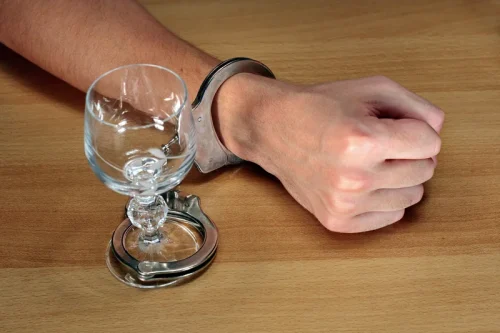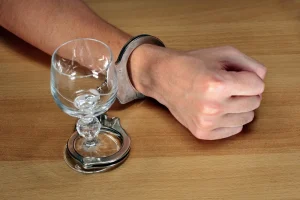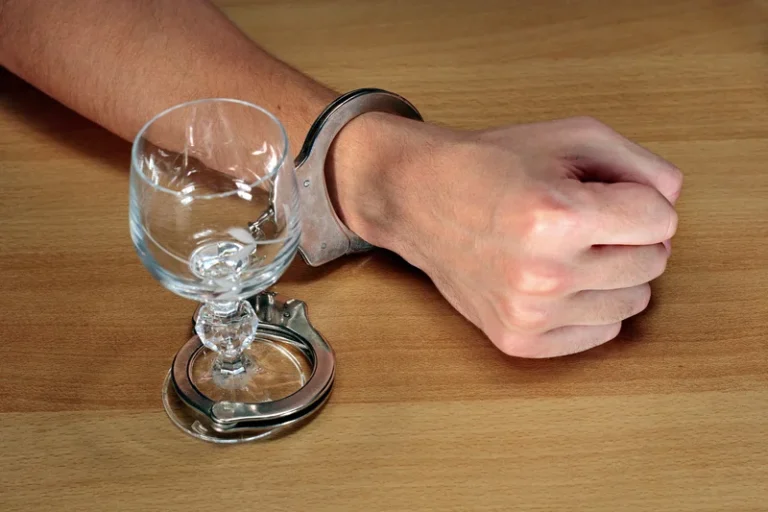
Additionally, the NIAA advises that studies have indicated that heavy alcohol use and AUD have links to increased surgical complications. It also suggests long-term alcohol use may increase the dose requirements for general anesthesia. Consuming alcohol leads to a lower number of blood platelets because the substance hinders the bone marrow’s ability to produce these cells.
Long-term Effects of Excessive Drinking
- It also changes their physical makeup, making them less sticky and therefore less able to stick together and form a clot.
- So, in a sense, alcohol can help to create a healthy balance of good cholesterol versus bad cholesterol, further lowering the odds for a heart attack or stroke.
- By dispelling common myths and embracing accurate information, you can develop a clearer understanding of the effects and impact of alcohol on the blood.
- Medical staff can also help resuscitate anyone who’s experienced extreme blood loss.
- Alcohol may then raise the level of triglycerides, or fats, in the blood.
Blood thinners, also known as anticoagulants, are medications designed to prevent the formation of blood clots or to inhibit existing clots from getting larger. These drugs play a crucial role in managing conditions related to blood clotting and circulation. Blood is alcohol a blood thinner clots can be harmful, leading to conditions such as deep vein thrombosis (DVT), pulmonary embolism, stroke, or heart attack. Understanding the relationship between alcohol and blood clotting is crucial, as it can have important health implications. Excessive alcohol consumption can lead to increased bleeding, impaired wound healing, and other health risks.
Lifestyle Quizzes

HDL cholesterol plays a role in removing low-density lipoprotein (LDL) cholesterol, commonly known as “bad” cholesterol, from the bloodstream. For the most part, moderate alcohol consumption is safe for people while taking blood thinners as long as they have no major medical problems and are in overall good health. The review authors highlighted that previous research has suggested drinking significant amounts of alcohol every day has links to a higher risk of developing high blood pressure. They also discussed studies that indicated higher levels of alcohol consumption have associations with an increased risk of stroke, atrial fibrillation, and heart failure.
Effects on Heart Health
Alcohol affects how well your blood clots, potentially negating the effects of the blood thinners or increasing them to a dangerous level. Further, alcohol can affect how long it takes for your body to process blood thinners. This can cause the medication to stay active for longer and have a greater effect than it should. Alcohol can also cause underlying health problems that affect the liver, which plays a vital role in how blood thinners work and how blood clotting occurs. People who already suffer from blood clots should not drink alcohol at all, especially if your doctor has prescribed any blood-thinning medication. Mixing alcohol with any prescription drug is dangerous, and mixing alcohol with blood thinners decreases the effectiveness of this drug.
Is Alcohol a Blood Thinner? Here’s What You Need to Know
- Dr. Sengupta shares some of the not-so-obvious effects that alcohol has on your body.
- The amount of alcohol a person consumes daily contributes to how it affects blood and heart health.
- In the same way that I spent two decades accumulating, I feel like I’m going to spend two decades shrinking.” At that point, he fantasized, we might find him in Kenwood Gardens, giving tea bowls away.
- When examining the impact of alcohol on blood thinning, it is essential to consider individual differences in response to alcohol and the interactions between alcohol, medications, and health conditions.
- There are various resources available, such as support groups, counseling, and treatment programs, to assist individuals in overcoming alcohol addiction.
- Further, it’s important to remember that alcohol affects multiple organ systems.
If you or someone you know is struggling with alcohol addiction, reaching out to healthcare professionals, support groups, or addiction treatment centers can provide the necessary guidance and support. They can help develop personalized treatment plans, which may include detoxification, therapy, counseling, and support to overcome alcohol addiction. Deep vein thrombosis is a type of clot that forms in a major vein in a leg, arm, pelvis, or other part of the body.


This may lower your risk for the type of strokes caused by blockages in https://ecosoberhouse.com/ blood vessels. Other medications, food and alcohol can change the way blood thinners work, and a blood thinner can change the way other medications work. For example, foods that are high in vitamin K can work against warfarin, but not other blood thinners.

Effects on Clotting Factors
- If a healthcare provider suspects HIT, they will immediately stop giving you heparin (in either of those two forms) and switch to another medication.
- If you’re concerned about how alcohol may impact your health and wondering, “Does alcohol thin your blood?
- However, it’s important to note that the effect is relatively minor and should not be relied upon as a substitute for prescribed anticoagulant medications.
- A 2011 literature review that included 84 prior research studies found that people who drank alcohol had a reduced number of cardiovascular and stroke deaths.
- The morning after a night of over-imbibing can cause some temporary effects on your brain.
- Experts suggest moderate alcohol consumption is generally safe while taking blood thinners.
Of course, healthcare professionals are here to assist and support you along the way. If you know you’re vulnerable to alcohol misuse, try not to put yourself in an environment that will encourage excessive intake. This literature review is the foundation of the current alcohol consumption guidelines.